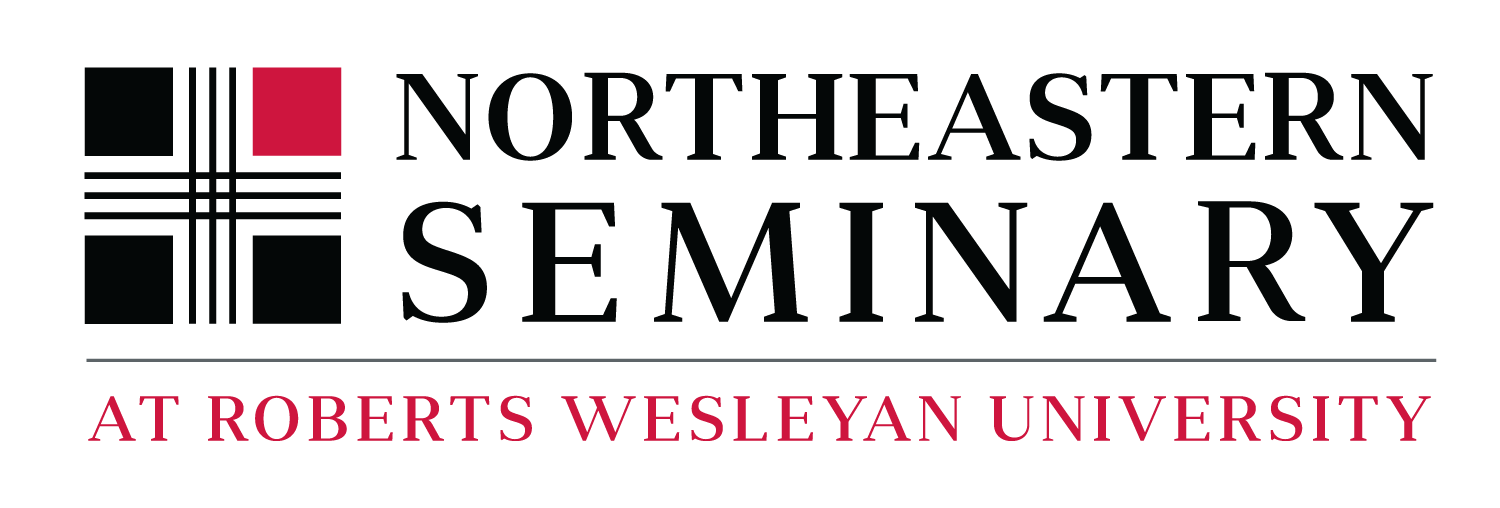The grant supports a full redesign of Northeastern Seminary’s online experience.
We want to make theological education more formative, relational, and effective for real ministry. That means streamlining digital tools and teaching practices, renovating our field placement experience, and introducing immersive technologies that give students hands-on practice in preaching, counseling, and leadership.
At its core, the project advances our mission: preparing biblically grounded, spiritually mature, culturally aware, and technologically adept leaders for the church and the world.



